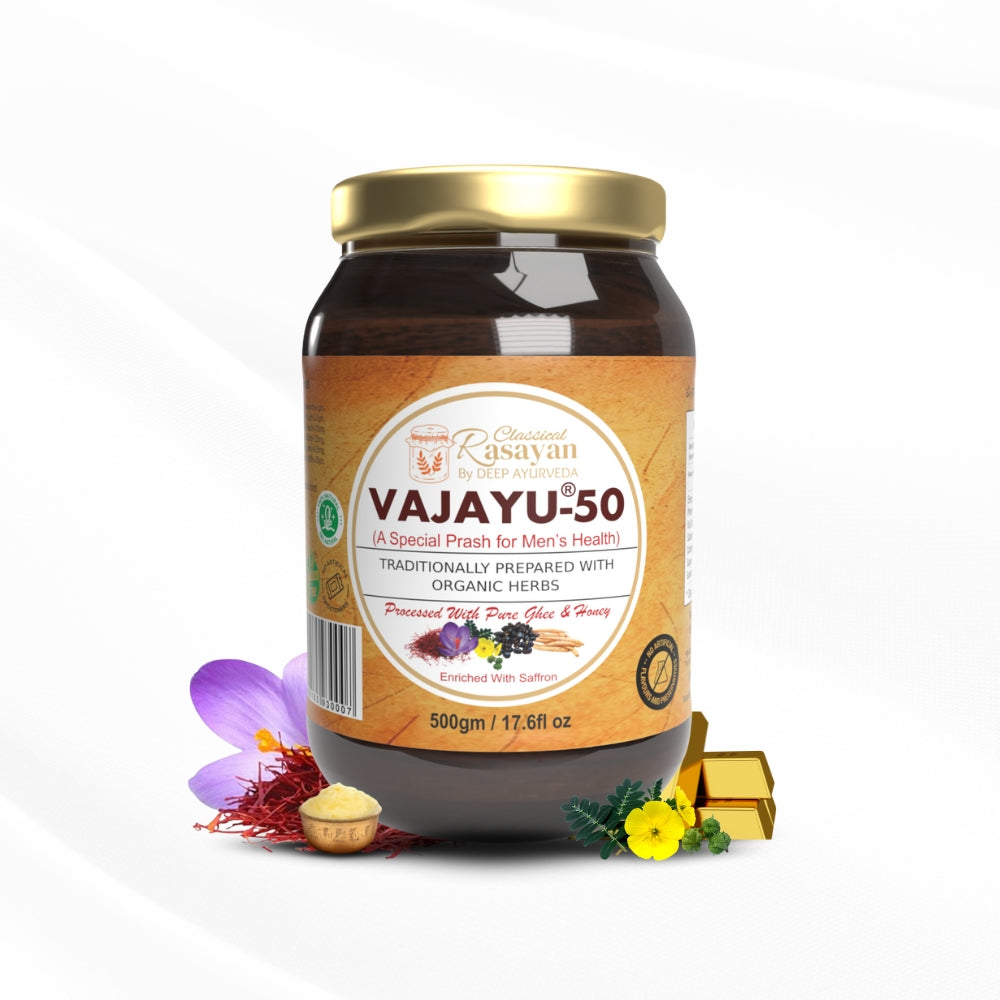In Ayurveda, "ritu" refers to the six seasons of the year, each with distinct characteristics and impacts on the body. Shishira (winter), Vasanta (spring), and Grishma (summer) in Uttarayan and Varsha (monsoon), Sharad (autumn), and Hemanta (late autumn) in Dakshinayana. Ritucharya, the seasonal regimen, provides guidelines for maintaining health by adapting to these seasonal changes through diet, lifestyle, and daily routines.
VARSHA RITU (RAINY SEASON)
As the monsoon brings cool breezes and lush greenery, it also ushers in a season of increased humidity, sluggish digestion, and imbalanced doshas. According to Ayurveda, this is the time when Vata and Pitta aggravate while Kapha accumulates. In Ayurveda, the monsoon season (Varsha Ritu) is seen as a time when the body's digestive fire (Agni) weakens, making it more susceptible to imbalances and infections. The high humidity can also lead to a buildup of ama (toxins).
Why Do You Need a Monsoon Detox?
The monsoon season weakens Agni (digestive fire), making it harder to digest heavy or cold foods. This can lead to:
Indigestion
Bloating
Lethargy
Seasonal infections
Monsoon detox (Panchkarma) Ayurveda
For deeper detoxification, Ayurveda recommends Panchakarma therapies during the monsoon, especially:
-
Virechana (purgation) for Pitta and Kapha balance
-
Basti (medicated enema) to balance Vata
- Abhyanga (oil massage) and Swedana (steam therapy) to remove Ama and relieve stiffness
A monsoon detox Ayurveda approach helps in:
-
Eliminating accumulated toxins (Ama)
-
Boosting digestion
-
Enhancing immunity
- Preventing water-borne illnesses
Ritucharya (seasonal schedule) for varsha ritu (rainy season)
1) Rainy season diet
Kapha-balancing diet for a safe and effective seasonal cleanse:
✅ What to Include:
1. Warm, Light Foods

-
Khichdi made with moong dal and spices
-
Steamed vegetables like bottle gourd, ridge gourd, and carrots
-
Herbal soups with ginger, garlic, and pepper
2. Digestive Herbs & Spices

-
Ginger, black pepper, cumin, ajwain
-
Trikatu churna to ignite Agni
-
Herbal teas with tulsi, cinnamon, or clove
3. Fermented & Sour Foods (in moderation)
-
Buttermilk with roasted cumin
-
Light pickles to enhance appetite
4. Detox Waters

-
Cumin-coriander-fennel water
- Ginger-lemon-honey water
5. Ghee in moderation to pacify Vata
6. Old rice, barley, wheat, and green gram. (puran dhanya)
2) Lifestyle Tips for Rainy Season Detox
-
Practice gentle yoga and pranayama
-
Keep your body warm and dry
-
Avoid afternoon naps
- Use essential oils like eucalyptus or camphor to purify the air
- Avoidance of excessive exertion and sexual indulgence: This helps prevent depletion of energy and resources.
By following these Pathya and Apathya principles, one can effectively navigate the Varsha Ritu and maintain optimal health, according to Ayurvedic principles.






